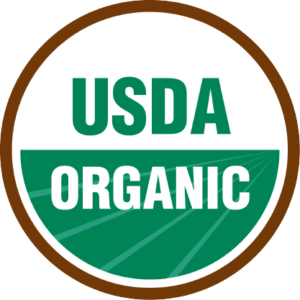Ask Mr. Pedometer and Friends…
February 20, 2019
Q: Mr. Pedometer, you encourage us to “eat right,” but that’s not too easy! For example, I’ve read enough to know I should avoid foods treated with pesticides, but does that mean I should choose “natural” or “organic” groceries?
A: That’s a very good question! Here’s what the February 2019 edition of Consumer Report on Health had to say about it:
“Many consumers think that ‘natural’ and ‘organic’ foods share many of the same attributes,”  says Charlotte Vallaeys, senior policy analyst and food labeling expert at Consumer Reports. But the terms are not synonymous. “Organic has strong, comprehensive federal standards that address how foods are farmed and processed, with a lot of requirements and prohibitions for farmers and processors,” Vallaeys says. For example, organic foods may not be produced with most synthetic pesticides nor with all artificial flavors and colors, antibiotics, or growth hormones. Natural has only one regulated definition – on meat and poultry, it means the product was minimally processed, according to the Department of Agriculture. On other foods, the term is meaningless.”
says Charlotte Vallaeys, senior policy analyst and food labeling expert at Consumer Reports. But the terms are not synonymous. “Organic has strong, comprehensive federal standards that address how foods are farmed and processed, with a lot of requirements and prohibitions for farmers and processors,” Vallaeys says. For example, organic foods may not be produced with most synthetic pesticides nor with all artificial flavors and colors, antibiotics, or growth hormones. Natural has only one regulated definition – on meat and poultry, it means the product was minimally processed, according to the Department of Agriculture. On other foods, the term is meaningless.”
Your best bet, the article concludes, is to look for foods with the USDA Organic seal “if you want foods produced without most synthetic pesticides and fertilizers, or all genetically engineered crops, chemical process aids, or artificial ingredients.”
Why bother, you may ask, since organic foods tend to be costlier? The article cited a new JAMA Internal Medicine study that tracked 70,000 adults for an average of five years. Researchers found that those who ate organic food most often had a 25 percent lower risk of being diagnosed with cancer than those who rarely ate organic food.
EAT RIGHT, MOVE MORE, SLEEP WELL